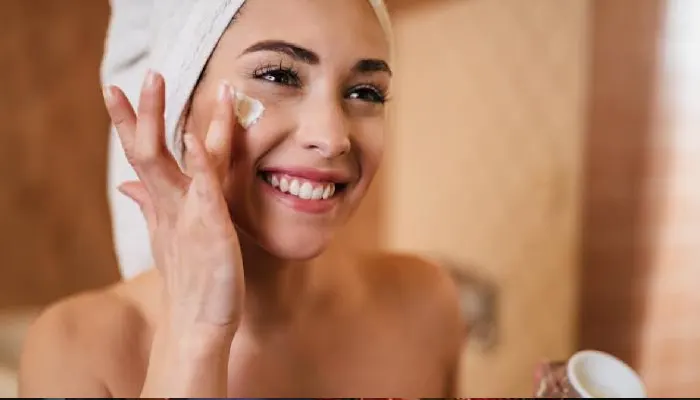The Rise of Men’s Skincare in Nigeria: Breaking Stereotypes and Embracing Grooming
- Gurpreet
- 1 year ago
- 4 minutes read

Here’s a look at how Nigerian men are breaking stereotypes and embracing skincare.
In recent years, Nigeria has witnessed a significant shift in attitudes toward men’s skincare, with more Nigerian men embracing grooming and skincare routines as part of their daily lives. This change marks a departure from traditional stereotypes that associated skincare and grooming primarily with women. The rise of men’s skincare in Nigeria is not just about enhancing appearance but also about promoting self-care, confidence, and a modern understanding of masculinity.
-
Shifting Cultural Norms and Perceptions
Traditionally, skincare and grooming were often viewed as feminine pursuits in many cultures, including Nigeria. Men were expected to maintain a rugged appearance, with minimal attention to their skin beyond basic hygiene. However, these cultural norms are gradually changing as more men recognize the importance of skincare not just for aesthetics but also for health and well-being.
The modern Nigerian man is increasingly aware that taking care of his skin is not a sign of vanity but a reflection of self-respect and personal care. This shift in perception is driven by increased exposure to global trends, social media influence, and the growing availability of skincare products specifically designed for men.

2. The Influence of Social Media and Pop Culture
Social media platforms have played a crucial role in normalising skincare for men. Influencers, celebrities, and skincare experts regularly share tips, routines, and product recommendations, making skincare more accessible and less intimidating for men. Nigerian celebrities and public figures, including musicians, actors, and athletes, who openly discuss their grooming habits, have also contributed to breaking down the stigma associated with men’s skincare.
This visibility has helped reshape the narrative, encouraging more men to invest in skincare products and routines that cater to their specific needs, such as dealing with oily skin, acne, or razor bumps.
3. Growing Market for Men’s Skincare Products
The demand for men’s skincare products in Nigeria is on the rise, prompting both local and international brands to expand their offerings. Skincare lines are now tailored to address the unique concerns of men’s skin, which tends to be thicker, oilier, and more prone to conditions like ingrown hairs and razor burns due to regular shaving.
Products such as facial cleansers, moisturisers, exfoliants, and aftershave balms are now widely available, often formulated with ingredients that cater to the specific needs of men’s skin.

-
Emphasising the Importance of Skincare Education
As men become more engaged in skincare, there is also a growing emphasis on education. Understanding the importance of cleansing, moisturising, and protecting the skin from environmental factors like UV rays is becoming more widespread. Men are learning that a simple skincare routine can help prevent common skin issues such as acne, hyperpigmentation, and premature ageing.
Educational campaigns and workshops, often led by skincare brands or influencers, are helping to demystify skincare for men, making it easier for them to adopt and maintain effective routines.
5. Breaking Stereotypes and Redefining Masculinity
The rise of men’s skincare in Nigeria is also part of a broader redefinition of masculinity. Modern masculinity embraces the idea that taking care of oneself, including one’s appearance, is not only acceptable but also desirable. This shift is empowering men to express themselves more freely, without fear of being judged for engaging in activities that were once considered feminine.
Men are now more comfortable discussing their skincare concerns and sharing tips with one another, further breaking down barriers and challenging outdated gender norms.
The rise of men’s skincare in Nigeria represents a significant cultural shift, breaking long-held stereotypes and encouraging men to embrace grooming as an essential aspect of self-care. With increased access to tailored products, the influence of social media, and a growing emphasis on skincare education, Nigerian men are redefining masculinity in a way that promotes health, confidence, and personal expression. As this trend continues to grow, it is likely that men’s skincare will become an integral part of the mainstream beauty and grooming industry in Nigeria, reflecting a more inclusive and modern approach to self-care.












